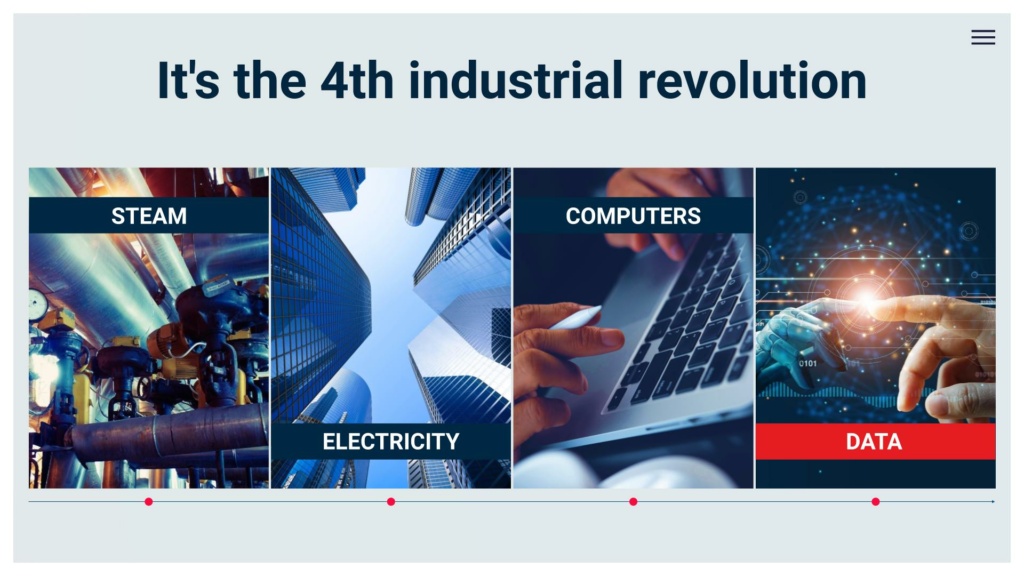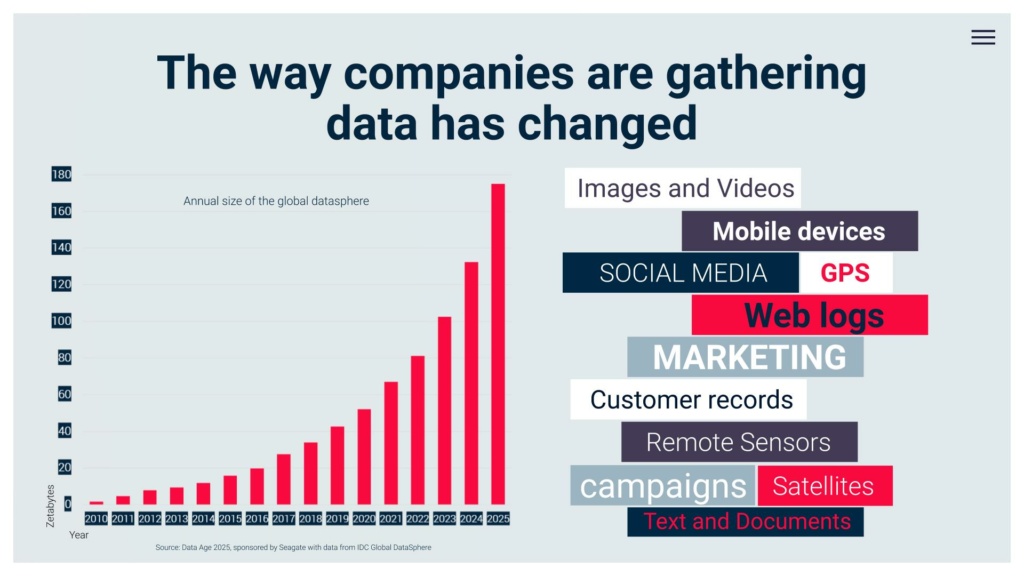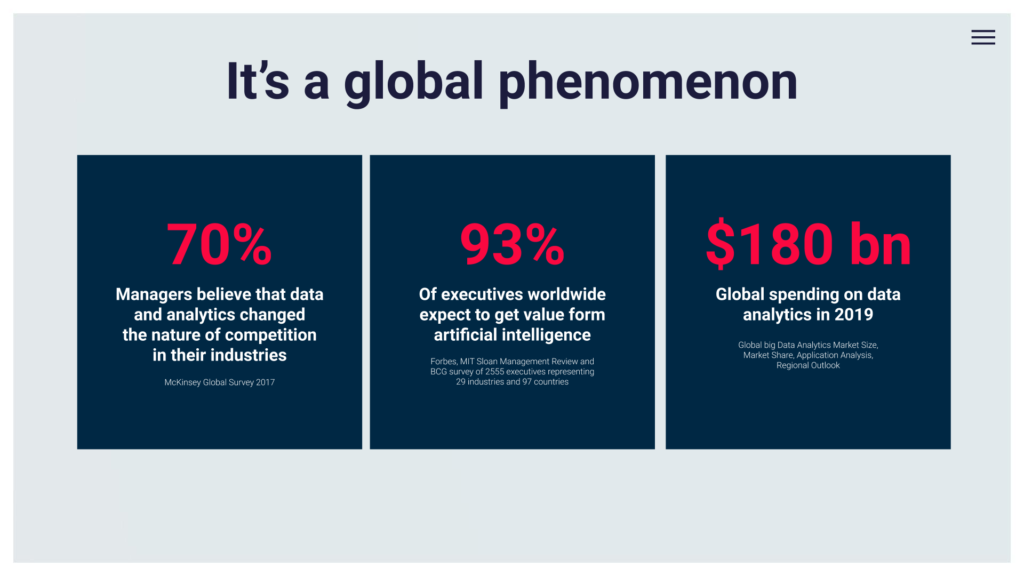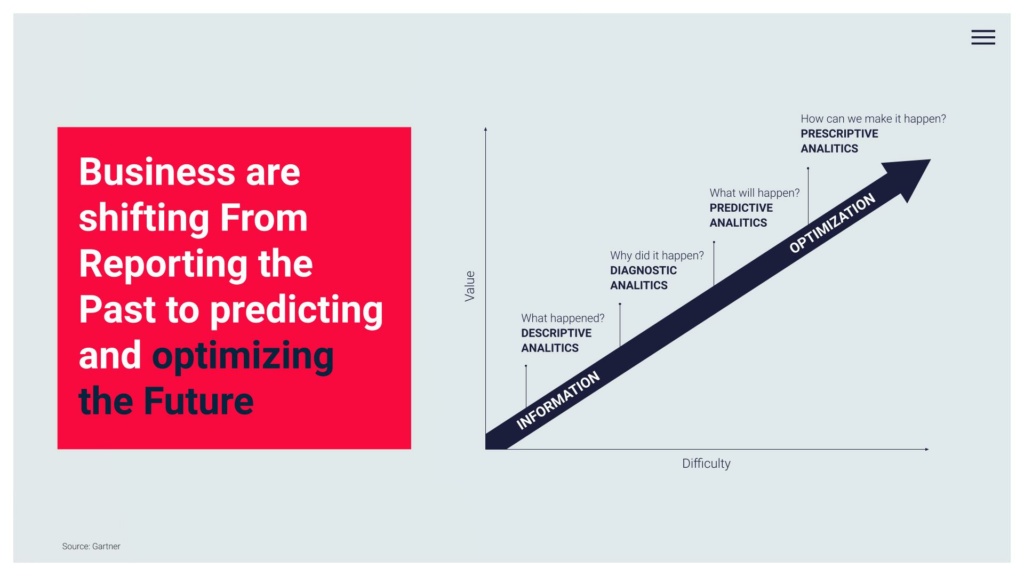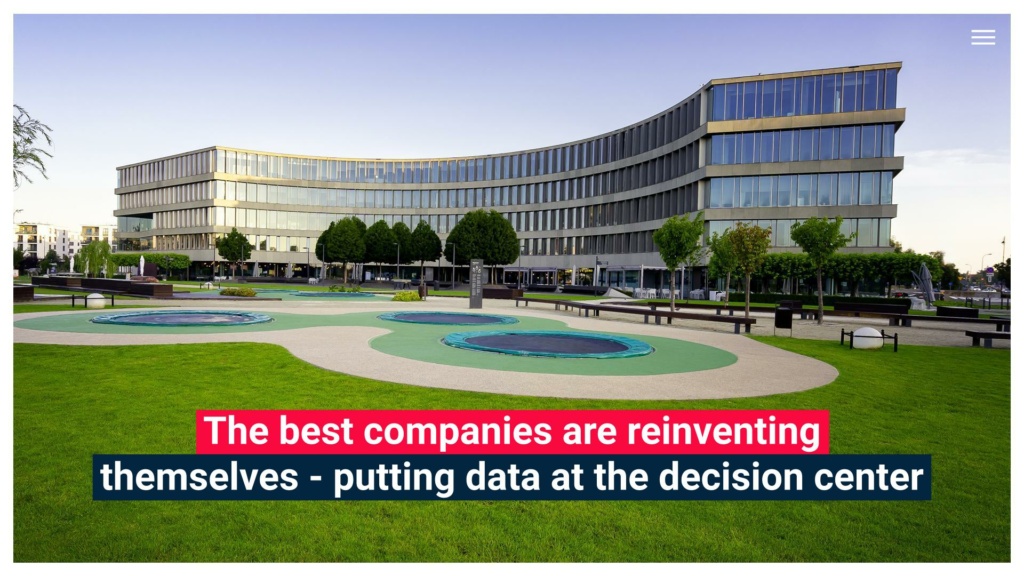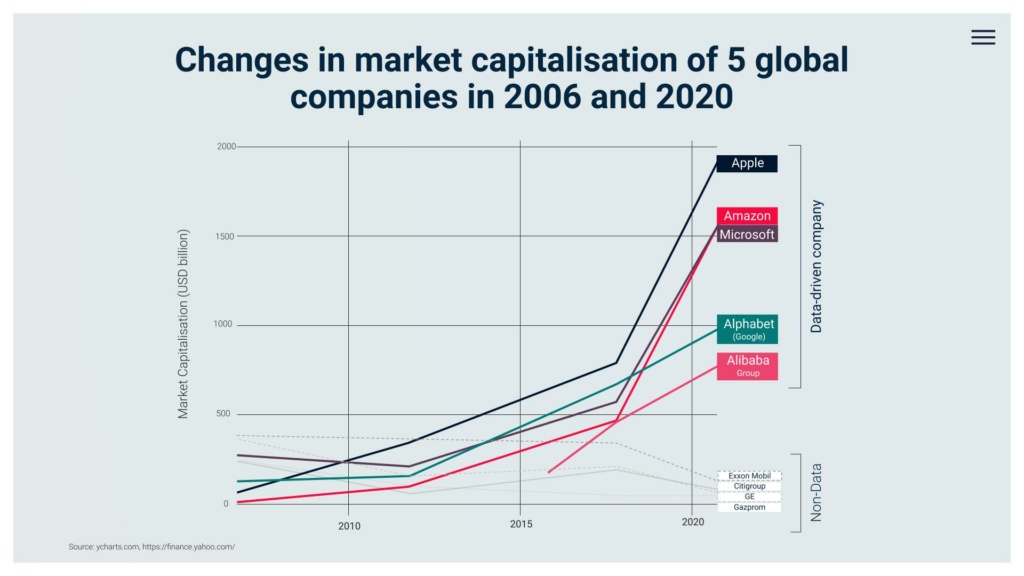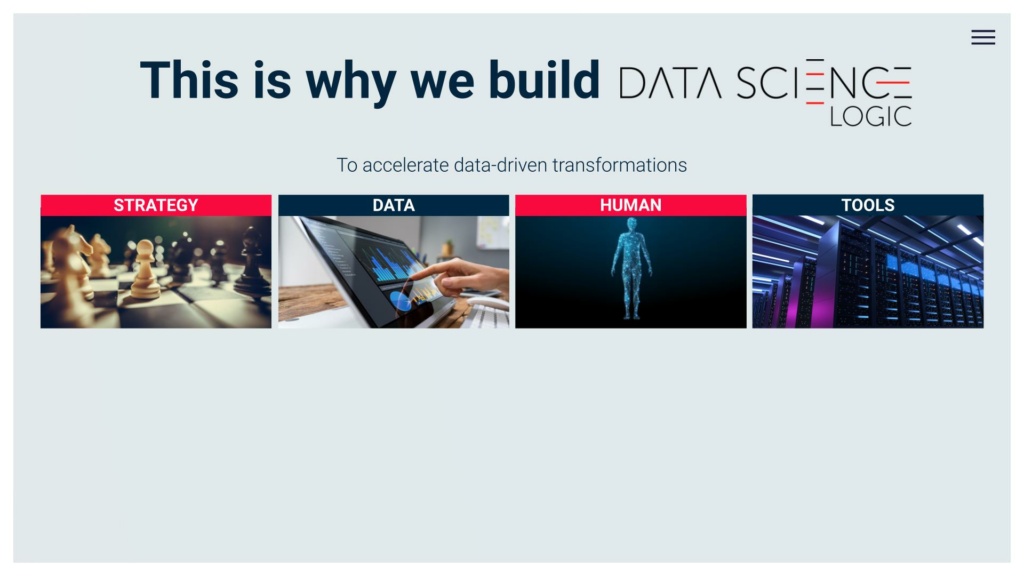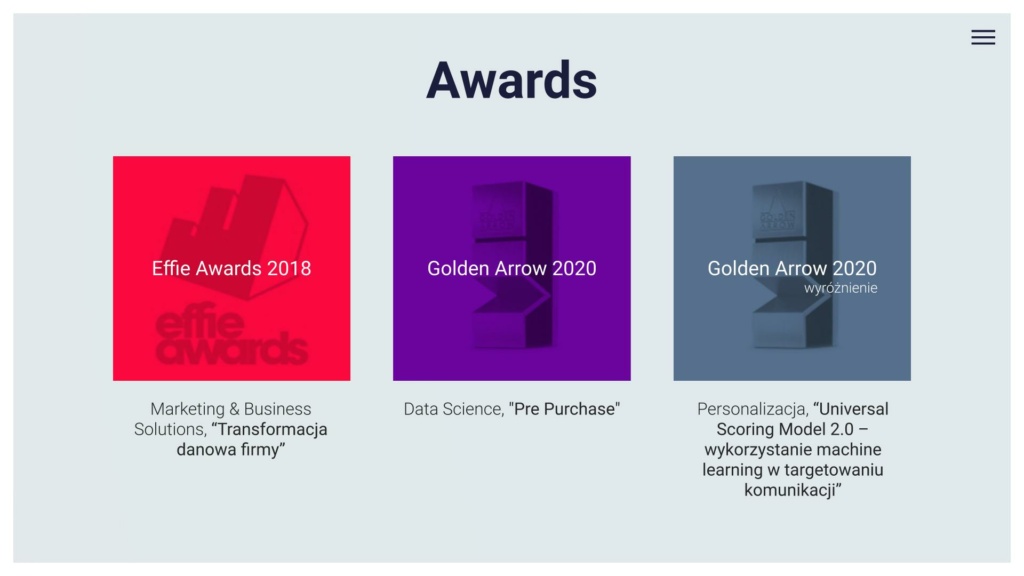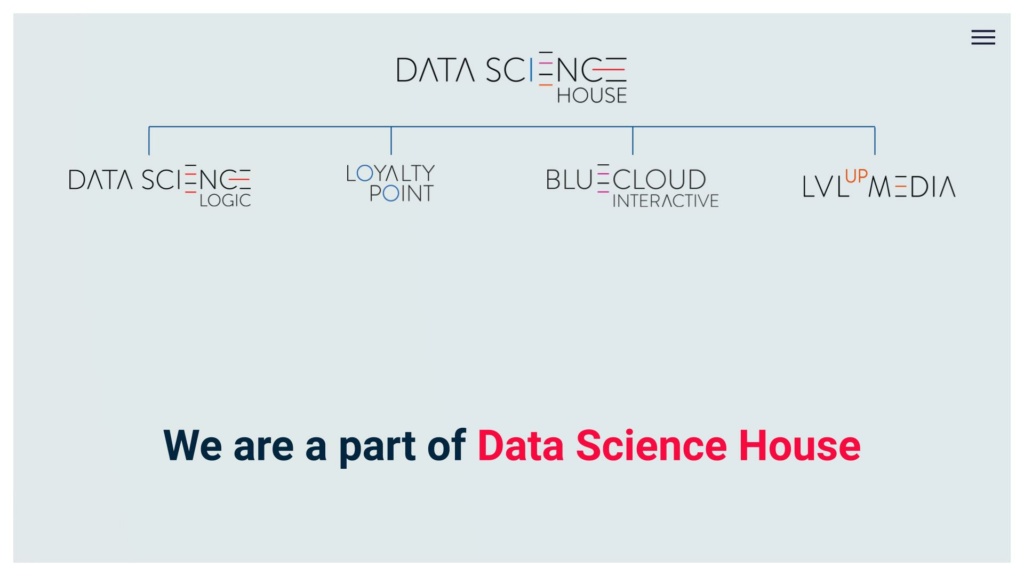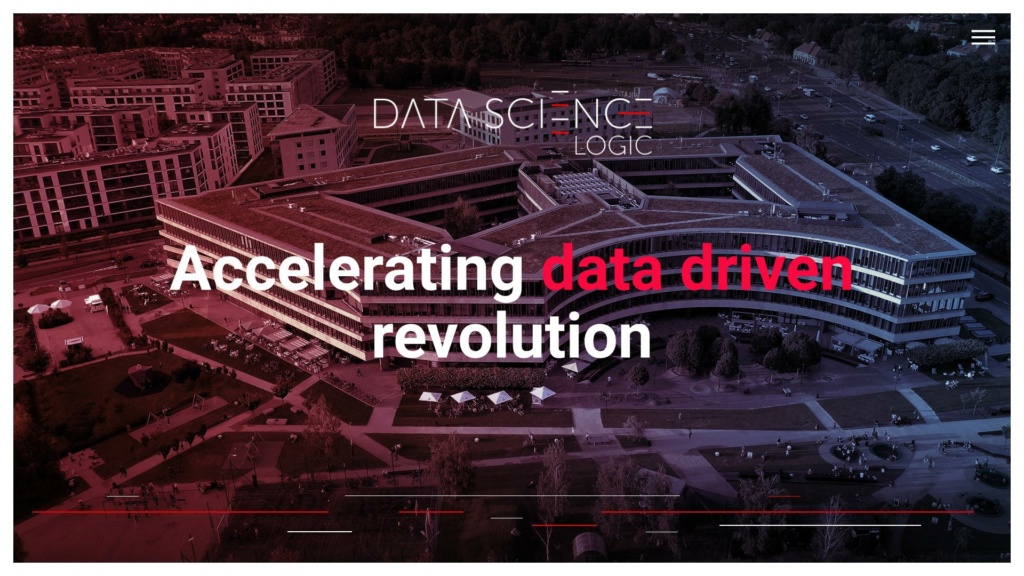Machine learning and data science are revolutionising all industries and becoming an important element of competitive advantage, determining market survival as well. It seems that today nobody is questioning the sense and need of using data by the companies. Possible discussions that arise in the area of data science concern the model to be used to build competences, and not whether to start the challenge at all. Two approaches clash here. One assumes focuses on creating an in-house team. And the other one relies on outsourcing. Both approaches have their advantages and disadvantages. Both have their opponents and supporters.
Outsourcing – for or against?
The purpose of this article is not to discuss the arguments for and against outsourcing. I would like to focus on one aspect of it , which often escapes attention in discussions. I think that the properly formulated question is not “should you” outsource, but “how” to do it and what to pay attention to.
The essence of the problem is best illustrated by certain “real life” situations, we had to deal with more than once.
So let’s imagine having a conversation with one of the clients – a manager responsible for advertising:
— We have an attribution model and it helps us optimise budgets.
— Great. Did your team build it?
— No, We had external consultants.
— But you know how this model is built, do you? How does it work?
— Unfortunately not.
Or a slightly different example:
A conversation between a manager responsible for marketing and an external company providing
predictive model building services:
— …and we’d really appreciate if our analyst could work with you on the model.
— Why?
— We would like to understand how it works and develop our competence in this area…
— Hmm… I don’t think this would be possible.
Solving the problem
Unfortunately, such situations are still very common. The consultants fear that once they educate the client, they will become redundant and will lose their orders, so they feel reluctant to disclose their know-how. It may seem that at least partly these fears are justified. In my experience, almost every data science initiative that has been implemented opens doors to several more.
On the other hand, let’s look at it from the point of view of the client, in this case, a company looking for support in using data in its business. Can the company afford to outsource 100 percent of something that is supposed to be its competitive advantage?
Well, the answer to this question is the same as the answer to the question, whether a car manufacturer can outsource the entire department designing new car models… Probably it can, but rather shouldn’t.
With a change in the perception of the role of data science by managers and a growing awareness of the importance of data-based solutions for the achievement of company goals, there is a growing awareness of the need to build internal know-how. When looking to speed up data science projects or optimise costs, companies are considering using external services. The partners willing to share their knowledge are particularly valuable. Advanced projects will be easier to implement with a company that sees client development as an opportunity to strengthen cooperation.
So how to choose a partner that will want to share its knowledge? Is it possible to check the level of willingness of the vendor to transfer know-how? By asking the right questions early, you can see your potential business partner’s approach to know-how transfer. Getting answers will help you make a more informed choice.
Key questions
1.How will you document the solution elaborated and the way of reaching it? – The lack of appropriate documentation prevents or significantly hinders further development of the tool.
2. How will our employees be able to get involved in the project? – The possibility of involvement depends on the nature of the project and the client’s competence. In general, however, the greater the involvement of the client’s employees, the greater the chance for the success of the project, successful implementation of the solution in practice and transfer of knowledge from the area of data science.
3. In what form will the solution be provided? – In addition to the deliverable itself, it is also worth receiving documentation
and preferably also source codes that will allow further development and improvement of the solution.
4. What training on the use of the solution do you envisage in the project? – It is worth knowing at the beginning of the cooperation what training courses are planned to make sure they are sufficient.
5. How many of your projects are one-time initiatives, and to what extent are you focused on long-term cooperation?
– A question that will verify the company’s approach and willingness to further cooperation.
The clients increasingly expect, and even demand, the involvement of their analysts in the process of building and testing data science solutions. This trend will be intensify. Outsourcing combined with know-how transfer may become a golden rule and a solution to a dilemma – in-house or outsource, combining the best of both approaches.


